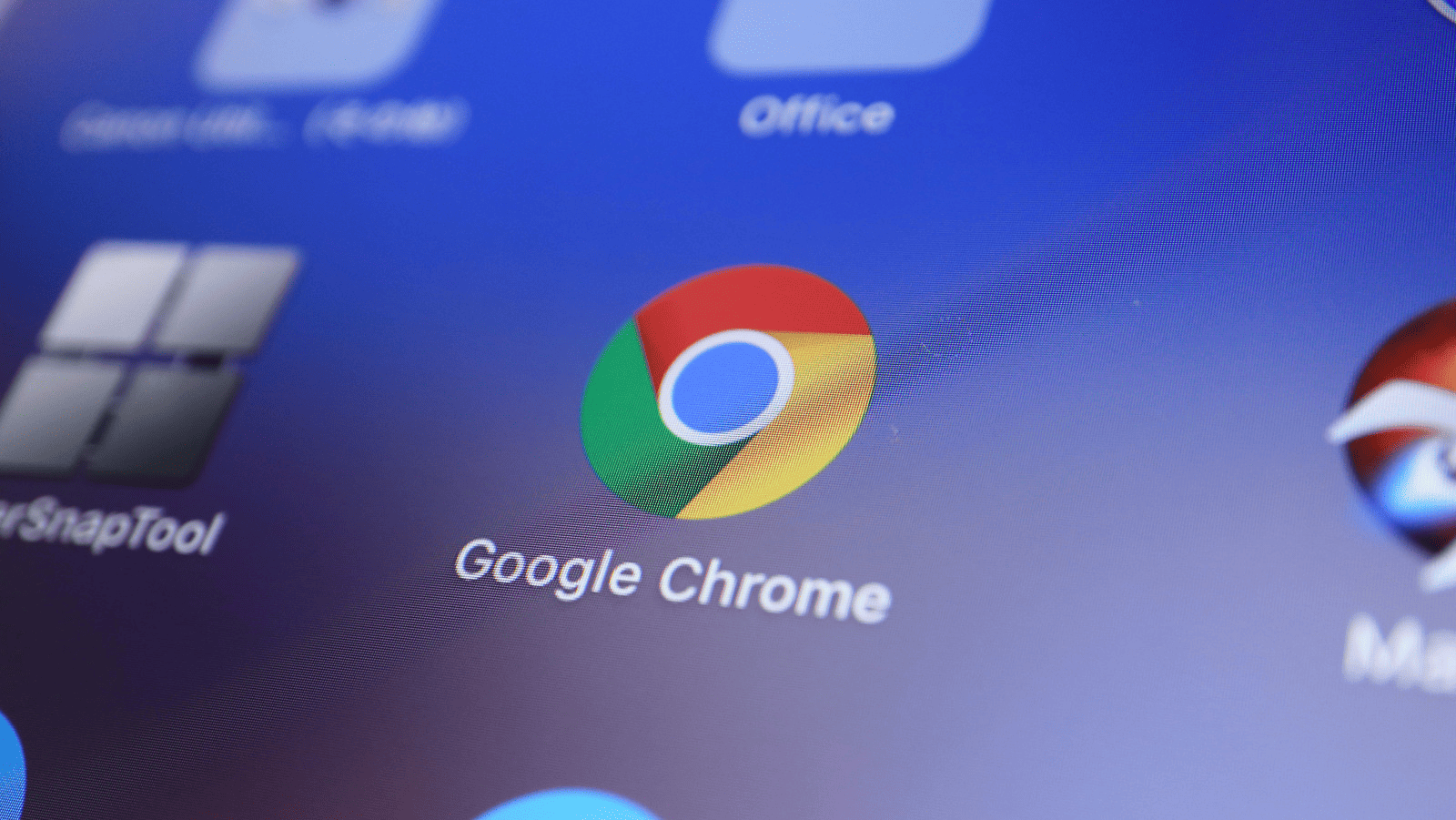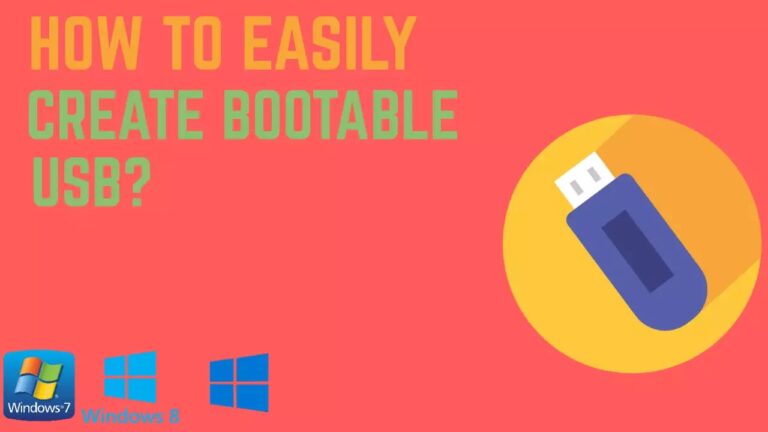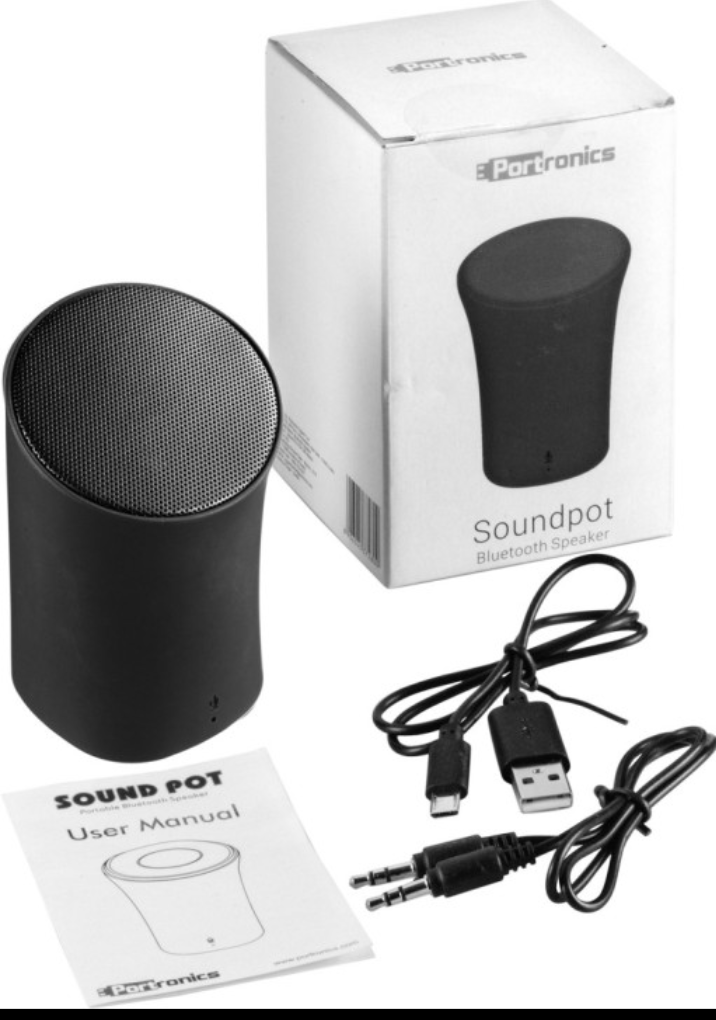Why Is Google Chrome Using So Much RAM? How To Fix It?
Table of Contents
Google Chrome is a popular browser on desktops and Android TVs. The Android TV version allows convenient web browsing directly on TVs, though with limited functionality compared to desktop. Like the desktop version, Google Chrome on Android TV can slow down and use excessive RAM. Troubleshooting tips like disabling extensions, clearing cache/data, and updating can help. When optimized, Chrome on Android TV
Why Does Google Chrome Use So Much RAM?
There are a few key reasons why Chrome is more of a memory hog than other browsers:
- Per-tab processes – For security and stability reasons, Chrome runs each browser tab as its own individual process. This means each tab gets its own allocation of memory resources. The more tabs you have open, the more RAM Chrome requires.
- Caching and background processes – Chrome does a lot of caching and runs dozens of background processes to speed up page loading and performance. All of this puts extra demand on your RAM.
- Built on webkit – Chrome is built on the webkit rendering engine, which tends to use more memory compared to alternatives like Gecko (Firefox) or EdgeHTML (Microsoft Edge). Webkit has improved memory management over time, but it still has some inefficiencies.
- Extensions – The addons and extensions that make Chrome so versatile also increase its memory footprint. In particular, extensions that run scripts or modify web pages contribute to higher RAM use.
So in summary, Chrome trades off greater RAM usage for better stability, speed, and
functionality. But you can still slim Chrome down if it’s using fewer of your system resources.
How Does Google Chrome Manage RAM?
This heading asks about the specific inner workings of Google Chrome that determine how it allocates, utilizes, and frees up RAM on computers. It suggests the article will take a deep dive into Chrome’s technical processes like its per-tab multi-processing, caching mechanisms, reliance on the WebKit rendering engine, memory management of its many extensions, and other factors that contribute to its overall RAM footprint.
How To Fix Google Chrome Using Too Much Memory?
Google Chrome is a great browser, but it can use up a lot of memory if you’re not careful. If you’re experiencing memory issues or Chrome not working with Google Chrome, here are some tips on how to fix Google Chrome using too much memory or get Chrome working again:
- Close unnecessary tabs – One of the easiest ways to cut down on RAM usage is to simply close tabs you aren’t using. This frees up all the memory those tabs were eating up. Use keyboard shortcuts to quickly close tabs (Ctrl + W on Windows/Linux, Command + W on Mac).
- Use tab suspender extensions – Specialized extensions like The Great Suspender can automatically suspend tabs you haven’t used in a while, freeing up their RAM until you need them again. This is great for reducing idle memory waste.
- Disable unnecessary extensions – Audit your extensions and disable any that you don’t really need or use regularly. This prevents them from running unnecessary processes and scripts that consume RAM.
- Use lighter themes – The default Chrome theme is a RAM hog. Switch to a simpler theme like Chrome Zero to reduce overhead.
- Reset Chrome settings – If all else fails, do a reset of Chrome from the settings menu. This will restore Chrome to factory defaults and discard any inefficient settings or caches that have built up over time.
- Switch to a lighter browser – If Chrome is still too much of a memory hog after trying these fixes, consider using a more lightweight browser like Firefox or Edge. They typically consume less RAM than Chrome.
- Add more RAM – If upgrading your browser isn’t an option, upgrading your hardware is. Adding more RAM to your computer gives Chrome (and other applications) more breathing room for cached data and background processes.
- Update graphics drivers – Install updated drivers for your GPU to optimize graphics card management for better Chrome performance.
- Disable background apps – Turn off any background apps and programs you aren’t actively using so they free up system resources.
Is Edge better than Chrome?
There is no definitive answer as to whether Microsoft Edge or Google Chrome is the better browser. Each has its own pros and cons. Edge is faster and less of a memory hog than Chrome, which can slow down over time. It also offers stronger privacy protections and integrates with Windows 11 well. However, Chrome has a much larger library of extensions, broader cross-platform compatibility, and deeper Google service integration.
Chrome tends to be more customizable while Edge offers simplicity and speed. For web developers, Chrome has better dev tools. But Edge may handle some newer web standards better. Overall, Chrome still retains dominant market share while Edge is the default for Windows 11 users.
For most daily tasks, the average user is unlikely to notice major differences. It depends on your specific priorities and needs. Both browsers continue improving rapidly too. Ultimately, you can’t go wrong with either modern option.
- How to use Chrome plugin on Android with ease 2023?
- 7 Cool Tips and tricks and hidden secret of Google Chrome in Android
Conclusion
In many ways, Chrome’s relatively high RAM usage is a necessary tradeoff for its performance, stability, and functionality. However, there are still steps you can take to slim down Chrome’s memory footprint if needed. Try closing extra tabs, reducing extensions, resetting Chrome to defaults, and switching to lighter themes or browsers. With the right adjustments, you can keep using Chrome as your go-to browser without it bogging down your system.








